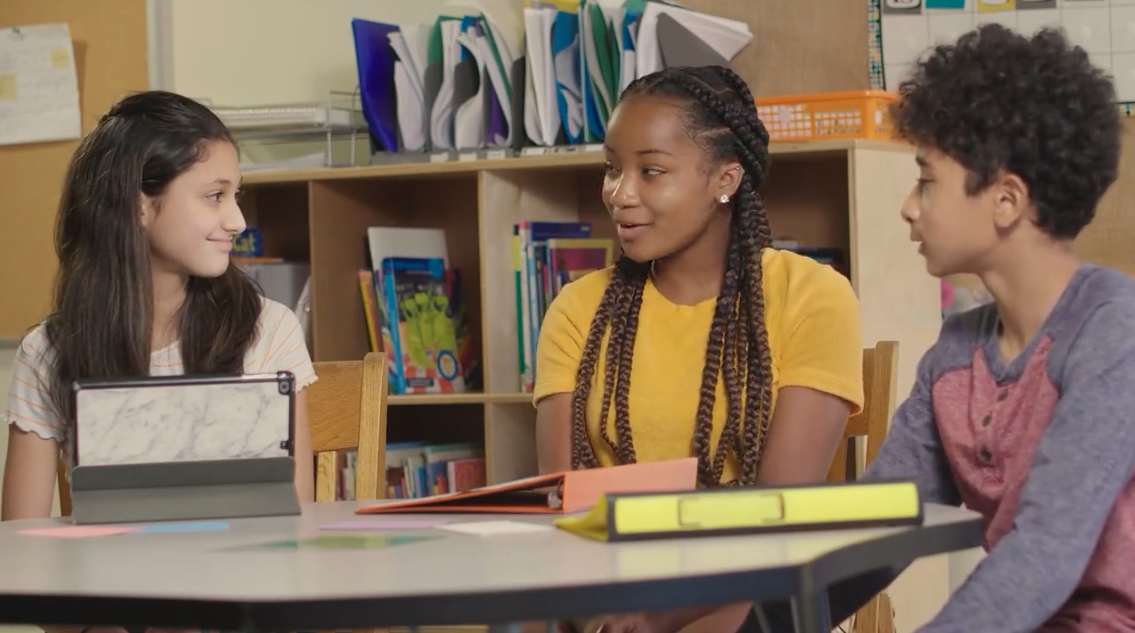
Introduction
Handling change can be challenging, especially when working in a group. Middle school students often experience unexpected changes while collaborating with others, making it crucial for them to learn how to adjust their thoughts and actions accordingly. This blog post presents an activity designed to teach students the concept of Switching Tracks in a group setting, allowing them to handle change effectively and maintain a positive atmosphere.
No-Prep Activity: The Track Switch Game
This simple, no-prep activity helps students practice Switching Tracks in a group without requiring any materials or preparation from the educator. Here’s how it works:
- Divide the class into small groups of 4-6 students.
- Ask each group to come up with a shared goal or project, such as planning a party, organizing a fundraiser, or creating a presentation.
- Give the groups 5-10 minutes to discuss their ideas and develop a plan.
- Once the time is up, introduce a surprise element or change to each group, such as a budget cut, a change in the deadline, or a new requirement. This will force the students to switch tracks and adapt their original plans.
- Allow the groups to discuss and adjust their plans accordingly, encouraging them to stay calm and use kind words while working together.
- After the activity, have a class discussion about the experience and what they learned about Switching Tracks in a group.
Discussion Questions
After completing the Track Switch Game, use these questions to stimulate further discussion and reflection:
- How did you feel when you were asked to switch tracks and change your plans? How did you manage those feelings?
- What strategies did your group use to adapt to the unexpected change? Were these strategies effective? Why or why not?
- How did your group members communicate during the activity? Were there any challenges in communication? How were they resolved?
- What did you learn about the importance of flexibility and adaptability when working in a group?
- Can you think of any real-life situations where you might need to use Switching Tracks in a group? How can you apply what you’ve learned from this activity to those situations?
Related Skills
Switching Tracks in a group is just one of many essential skills students need to develop for successful social-emotional learning. Other related skills include:
- Active listening: Paying full attention to others, understanding their points, and asking appropriate questions.
- Empathy: Understanding and sharing the feelings of others, fostering a supportive and compassionate group environment.
- Conflict resolution: Learning how to address disagreements and find solutions that satisfy all group members.
- Collaboration: Working effectively with others, contributing ideas, and valuing the input of every group member.
Next Steps
Now that you’ve learned about Switching Tracks in a group and its importance in social-emotional learning, you may be interested in exploring more resources and activities to help your students develop these valuable skills. To access free sample materials and discover additional resources, we invite you to sign up at Everyday Speech.

